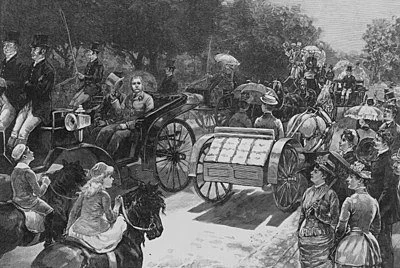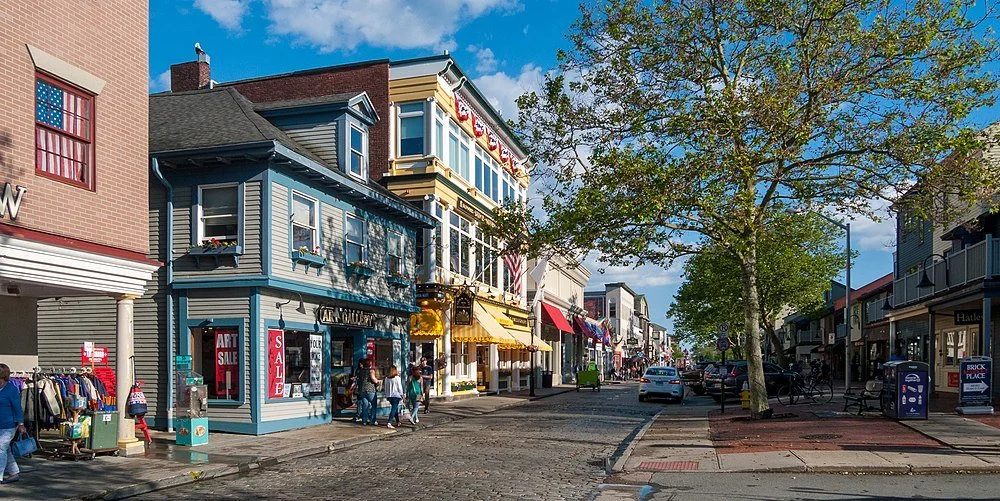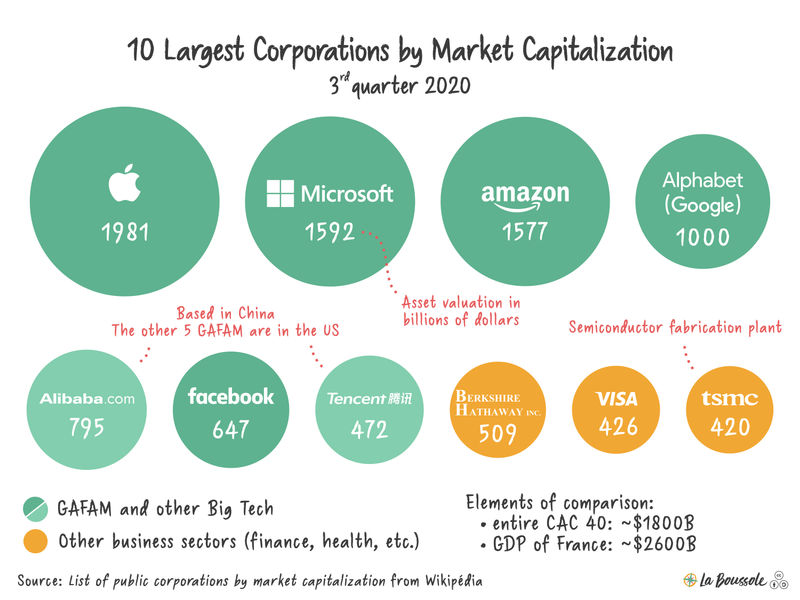
Fascinating, complicated and scandal-rich Newport
President Chester Arthur tips his hat while vacationing in Newport in 1884. The city has drawn many celebrities each year in the summer since the Civil War.
Adapted from Robert Whitcomb’s “Digital Diary,’’ in GoLocal24.com
The drive to Newport from Providence via Fall River has some dramatic stretches. The Spindle City rises up, with its beautiful old stone mill buildings, looking a bit like an English provincial city and, if you carefully crane your neck on the Braga Bridge, the view down Mt. Hope Bay is spectacular, as is, further south, the view from the Sakonnet River Bridge. If only they could clean up Middletown’s hideous West Main Road commercial strip, which mars the approach to Newport. More trees would help, as would some targeted demolitions.
Then you get into Newport, one of the country’s most interesting cities – dense with class, ethnic, economic, cultural and architectural complexity. Rich, poor, Navy people, current and former spies, engineers, socialites, TV celebrities, etc., etc., and some of the best gossip in the world, enriched with scandals, present and past. Among the most famous:
The late Claus von Bulow’s alleged attempted murder of his late utility heiress wife, Martha “Sunny’’ von Bulow, which led to two sensational trials in the ’80’s (and the movie Reversal of Fortune, a sort of dark comedy) and the late tobacco heiress Doris Duke’s apparent murder (by driving into him at her Newport estate, Rough Point) of an assistant, Eduardo Tirella, in 1966. Some Newporters connected to the city’s upper crust who knew these characters and those around them still talk about these cases, as I discovered last week at a lunch in the City by the Sea.
Thames Street, on Newport’s waterfront. In high summer, the street is often mobbed with shop patrons, restaurant and bar goers and just plain tourist/gawkers. Some are sober.
Llewellyn King: Leave Big Tech alone while it’s still innovating
WEST WARWICK, R.I.
When it comes to invention, we ain’t seen nothing yet.
The chances are good, and getting better, that in the coming year and the years after it, our world will essentially reinvent itself. That revolution already is underway but, as with most progress, there are political challenges.
Congress needs restraint in dealing with the technological revolution and not to dust off old, antitrust tapes. With the surging inventiveness we are seeing today across the creative spectrum -- inventiveness that has given us Amazon, Tesla, Uber, Zoom, 3D printing and, in short order, a COVID-19 vaccine – you may wonder why the government is using antitrust statutes to try and break up two tech giants.
Conservatives think big social media companies are unfair to them. Liberals worry about the financial power of the Big Tech companies: The five largest have a market value of over $7 trillion.
The Justice Department has filed an antitrust suit against Google, and the Federal Trade Commission has filed one against Facebook. The only tools it has are outdated, anti-competition statutes -- some passed over a century ago. Sometime in the future, it may be desirable to disassemble Big Tech companies, but not when they are bringing forward new technologies and whole new concepts such as autonomous vehicles and drone deliveries. These need to happen without government shaking up the creators.
Antitrust laws on the books don’t address the internet age when global monopoly is often an unintended result of success; hugely different from Standard Oil seeking to have absolute control over kerosene.
Policy, though, may want to examine the role of Big Tech in relation to startups: the proven engines of change. When today’s tech giants were in their infancy, it was the beginning of the age of the startup as the driver of change. It went like this: invent, get venture-capital financing, prove the product in the market, and go public. The initial public offering (IP)) was the financial goal.
But the presence of behemoths in Silicon Valley has changed the trajectory for new companies. Rather than hoping for a pot of gold from an IPO, today’s startups are designed to be sold to a big company. Venture capitalists demand that the whole shape of a startup isn’t aimed to public acceptance but rather to whether Google, Apple or Amazon will buy that startup.
The evidence is that acquisitions are doing well in the Big Techs, but that doesn’t mean that they won’t be stifled in time. Conglomerates have a checkered past.
Big companies have a lifespan that begins with white-hot creativity, followed by growth, followed by a leveling of creativity, and the emergence of efficiency and profitability as goals that eclipse creativity. Professional managers take over from the innovators who created the enterprises; risk-taking is expunged from the corporate culture.
That is when government should look at the Big-Tech powerhouses and see whether it is in the national interest to break them up, not on the old antitrust grounds but because they may have become negative forces in the innovation firmament; because whether they are still creative or whether they are just drawing rents on previous creations or acquisitions, they will still be hoovering up engineering talents who might well be better employed in a smaller, more entrepreneurial endeavors or, ideally, as part of a startup.
The issue is simple: While the big companies are still creating, adding to the tech revolution which is reshaping the world, they should be left to do what they are doing well, from creating autonomous, over-the-road trucks to easing city life with smart-city innovation.
The time to move against Big Tech is when it ceases to be an engine of innovation.
Innovation needs an unruly frontier. We have had that, and it should be protected both from government interference and corporate timidity.
Happy and innovative New Year! Hard to believe in this time of plague, but much is changing for the better.
Llewellyn King is executive producer and host of White House Chronicle, on PBS. His email is llewellynking1@gmail.com and he’s based in Rhode Island and Washington, D.C.




